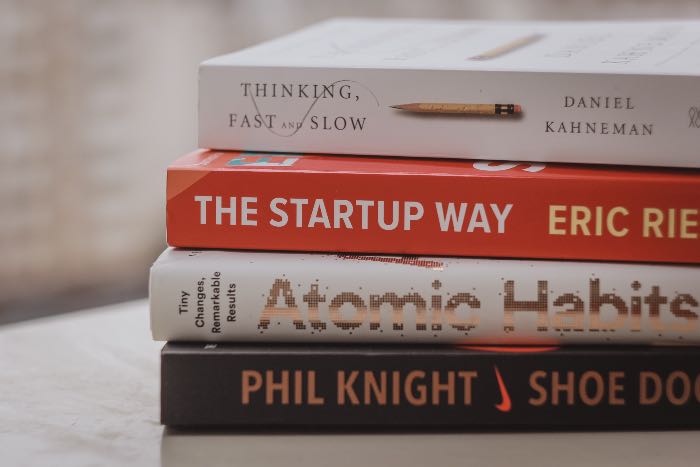
I happily gave up New Year’s Resolutions years ago. But not the concept.
When built on a solid foundation rooted in human psychology, resolutions can be made effective. So I make habits and set S.M.A.R.T. goals and try not to “break the chain.”
But in 2020, this all seemed demented and delusional. So I intentionally sought to break the chain. On purpose.
Meanwhile, our sense of the resolutions themselves, and even their scope, is flawed. They are entirely based on the individual need to change—even when we are all in need of change.
These days, I’m not anti-resolution. Just on how we use them.
More than actionable.
Just as we’ve made resolutions into individual needs to change, we’ve made them a choice between sheer willpower and actionable steps to achieve well-defined goals.
The common experience of failing to achieve our goals seems directly overlooked in this. As is the common experience of the occasional success story. But most importantly, the universal experience of desiring to change and being afraid to try.
The productivity space has developed a lot of useful techniques for making resolutions stick. Most of it is fueled by human psychology and our propensity for self-sabotage. But little of this hit us unless we’re ready to hear it.
Learning to live beyond resolutions is to invest our sense of time and effort with a generous wholeness that feels like life more than “tricks”. And with patterns that feel more honest to the tides of living than an unnaturally regimented existence.
When given the choice, choose the salad
When my doctor offered this, it gave me something no productivity expert had: both autonomy and responsibility. And it was something I could share with other people.
The beauty of “choose the salad” is that it doesn’t mean that we always will have that opportunity. Or that we’ll always notice it. But when we do notice, we can choose. And guess what? More often than not, I do.
Why?
Because I don’t treat every day like an exception. Or as if each day was a lifetime. They are relational. And I find I’m making healthier choices than ever.
Relaxing the “everyday” rule
The most significant change I made this year was relaxing my approach to doing things every single day. This was reflected most notably in my step tracking. While I still try to get 10,000 steps every day, I no longer judge it as a failed day if I fall short.
I keep a 10,000-step goal. And a 70,000-step weekly goal. And a 300,000-step monthly goal. And a 3,650,000-step yearly goal. So that every day I miss the first goal, it isn’t an excuse I can use to quit.
And if I miss a week or a month, I’m not off the wagon.
Because here’s the rub: I’m not likely to skip that often. And when I do, it’s because I’m with family or heading out of town. Days when there is something more important than steps. And something more important than the chain.
The reason we need the chain is because we’re inclined not to start. But once we’ve started, we are inclined to keep it up. Our focus changes. And fixating only on today distracts us from what we could be doing.
How’s it going?
More days than not and more weeks than not, I met the goal. Six months I exceeded my goal. And I surpassed the year’s goal a couple of weeks ago.
Living Well
Whatever you decide is best for you in the new year, the best answer is to live well. Better eating and more exercise are often a great call.
But before most of us can get to actionable goals, we have to start. And once we start, we have to do it. That’s where most of us stop thinking. But don’t. Keep thinking about what to do when you fall off the wagon. How to pick yourself up and get back at it. It isn’t planning for failure so much as not foolishly expecting you won’t.
Whatever inspires you to make healthy choices can be excellent fuel for actually doing it. Hold it close. Then connect it to a lifetime of living.
But there is no magic. No trick. Just living. Today. And tomorrow.
Goal-setting, habit-tracking, and other means of resolving to change are like cereal: they’re part of a complete existence.
Turning failure into learning, though, is the skill of a lifetime.
And it’s no secret. We’re just bad at sharing it with one another. Trusting in each other. And giving each other enough grace to learn.
Let’s start there. We all have a lifetime of learning to do.
